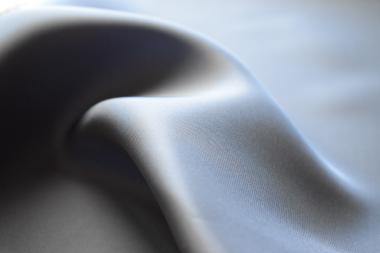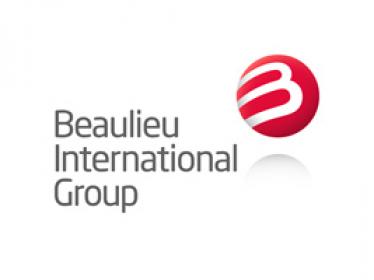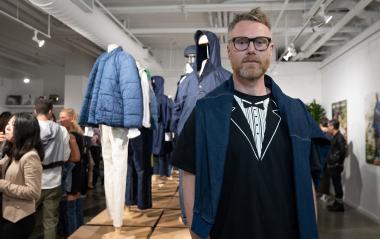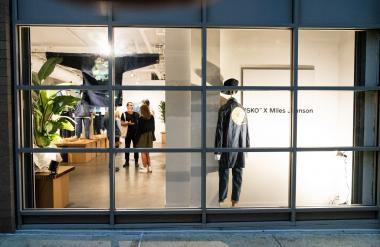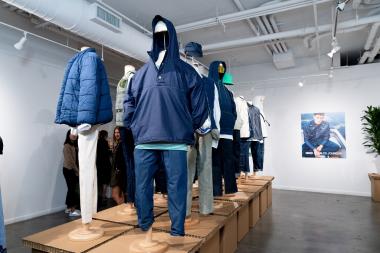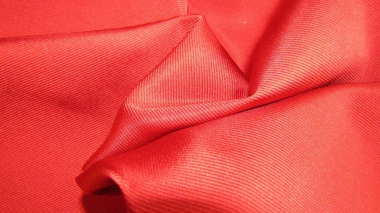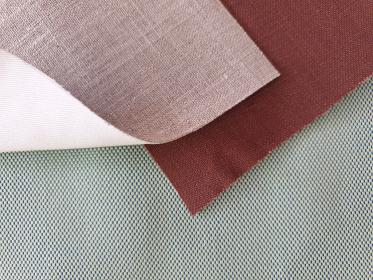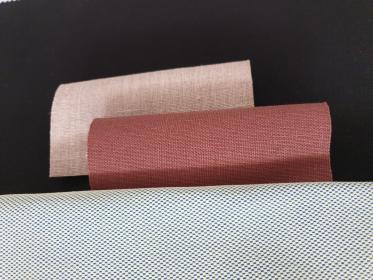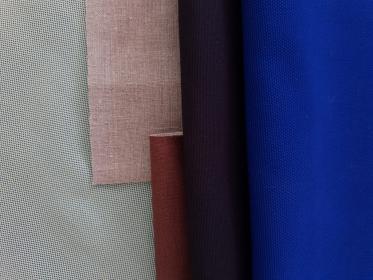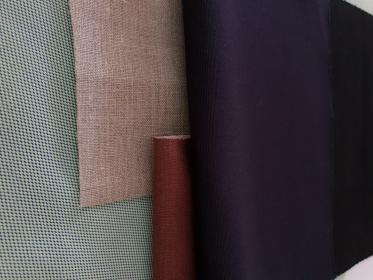Moncler launches Grenoble collection with Dyneema® Composite Fabric
- Royal DSM, a global science-based company in Nutrition, Health and Sustainable Living, today announced that, for the first time, Dyneema® Composite Fabrics are used by Moncler in the Fall/Winter 2020 Grenoble collection, which fuses form and function into high performance skiwear.
Moncler Grenoble is born of a passion for research and implements cutting-edge technology to push the limits of its potential. The design team identified Dyneema® as an innovative fabric it could use to push the level of its performance to the next peak, incorporating the material into the new collection as a departure from the conventional use of cotton and polyester.
Sandro Mandrino, the Head of Design for Moncler Grenoble, was the first designer of the luxury fashion brand to incorporate Dyneema® into one of his creations through the Moncler Genius project. The Moncler Genius project advocates radical co-creation where multiple designers create their own signature collections in collaboration with the house. Together, these collections translate into one vision of the future and, as one of the nine designers, Mandrino’s interpretation of the future of fashion features Dyneema® Composite Fabric.
Using variations of the fabric in both white and black allowed Mandrino to bring his vision to life by merging skiwear, space suits and technology all in one. “ 3 Moncler Grenoble is first and foremost about performance,” states Mandrino, who integrated constructive solutions with fabric technology to develop a line that was meant to perform both on and off the ski slopes.
Dyneema®, the world’s strongest and lightest fiber, is 15 times stronger than steel yet light enough to float on water. The unmatched performance and protection of products made with Dyneema® have made it the material of choice in critical applications where failure is not an option for more than 30 years. In fabric form, Dyneema® is available in composites, denim, knits, wovens and hybrids for composite reinforcements. And because Dyneema® fabrics are made using Dyneema® fiber, they intrinsically provide high strength, low weight, waterproof and breathable properties – allowing designers to fuse the technical performance of ultra-light products with aesthetic design that doesn’t sacrifice strength or durability.
The Moncler team used the Grenoble collection as an opportunity to experiment and further understand the nature and behavior of Dyneema® fabrics, while simultaneously incorporating material performance with practical design. “Future collections will focus on expanding to new designs and fabric options in collaboration with DSM,” adds Mandrino.
“We are very excited to be working with the Moncler team to launch a collection of wonderful garments that allow people to explore the outdoors more safely and for longer periods of time,” states Marcio Manique, Global Business Director, Consumer & Professional Protection, DSM Protective Materials. “We look forward to further supporting Moncler as they develop innovative, high-tech garments that are also sustainably sourced through the introduction of bio-based Dyneema® fabrics.”
In line with DSM’s commitment to protect people and the environment they live in, the world’s first-ever bio-based ultra-high molecular weight polyethylene fiber was introduced in May 2020. Bio-based Dyneema® boasts the same exact performance as conventional Dyneema® with a carbon footprint that is 90 percent lower than generic HMPE. DSM and Moncler’s continued partnership will not only provide high performance, light weight garments for outdoor enthusiasts but also environmentally sustainable alternatives that contribute to a more circular economy.
EMG
























